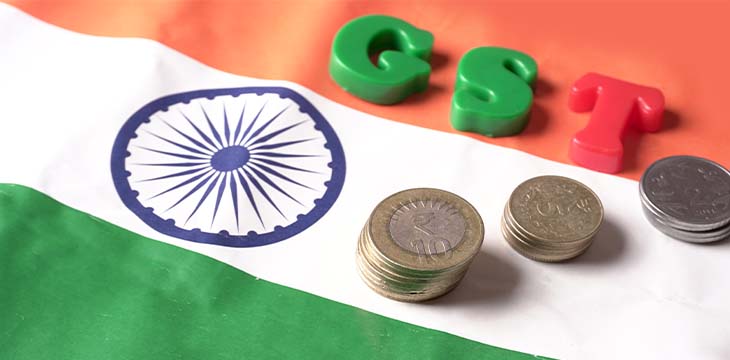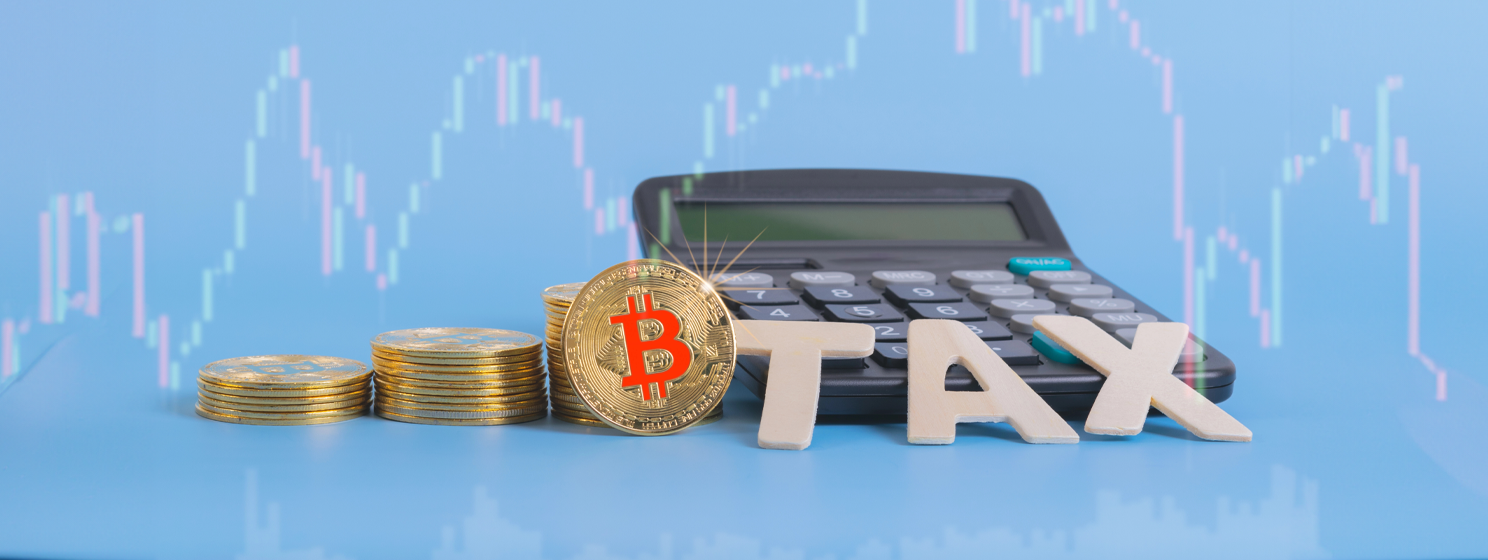|
Getting your Trinity Audio player ready...
|
India’s Central Board of Indirect Taxes & Customs (CBIC) has ordered virtual currency service providers to provide details on the nature of tokens listed and traded on their platforms.
The move by the CBIC is geared toward imposing new taxes on virtual currencies—the goods and services tax (GST). An insider at the CBIC told the Business Standard that the regulator has been mulling over applying GST to the asset class.
Other information sought by the CBIC includes the transaction fees charged by exchanges and details of other services rendered, like non-fungible tokens (NFTs) and lending services. With the provided information, the indirect tax agency will be guided on the kind of tax regime to impose on virtual currencies.
“We had meetings with crypto exchanges on wide-ranging issues relating to the asset class,” said a senior official. “We have sought a detailed report on different crypto products being traded and their respective transaction fees and how they are getting calculated.”
The exchanges have been given until the end of the month to provide the CBIC with the required information.
Prior to the decision by the CBIC, an 18% GST was charged on the operations of digital currency exchanges, and back in May, the GST Council suggested that a 28% GST be imposed on virtual asset transactions.
GST came into effect in July 2017 after several years of deliberation in a historic midnight session by India’s two houses of parliament. The tax has been criticized for being “too complex” and described as a tool for “removing money from the poor.”
India’s stiff tax regime for digital assets
India has not hidden its displeasure at virtual currencies, with the Reserve Bank of India (RBI) consistently issuing warnings over the dangers of the asset class. One of the dangers cited by RBI is the lack of sufficient investor protection and the increasing ‘cryptoization’ of the economy.
Regulators in the country have opted for a tighter tax regime to slow down the adoption rate for virtual assets. The result is a tax policy that is one of the stiffest in the world, prompting criticisms from industry players.
Presently, India charges a 30% tax on gains from digital asset trades in addition to a surcharge and cess on the transfer of any tokens. The policy has been criticized for failing to distinguish between virtual currencies and NFTs, as the government treats them as the same.
Watch: The BSV Global Blockchain Convention panel, Blockchain in Middle East & South Asia

 03-05-2026
03-05-2026 




